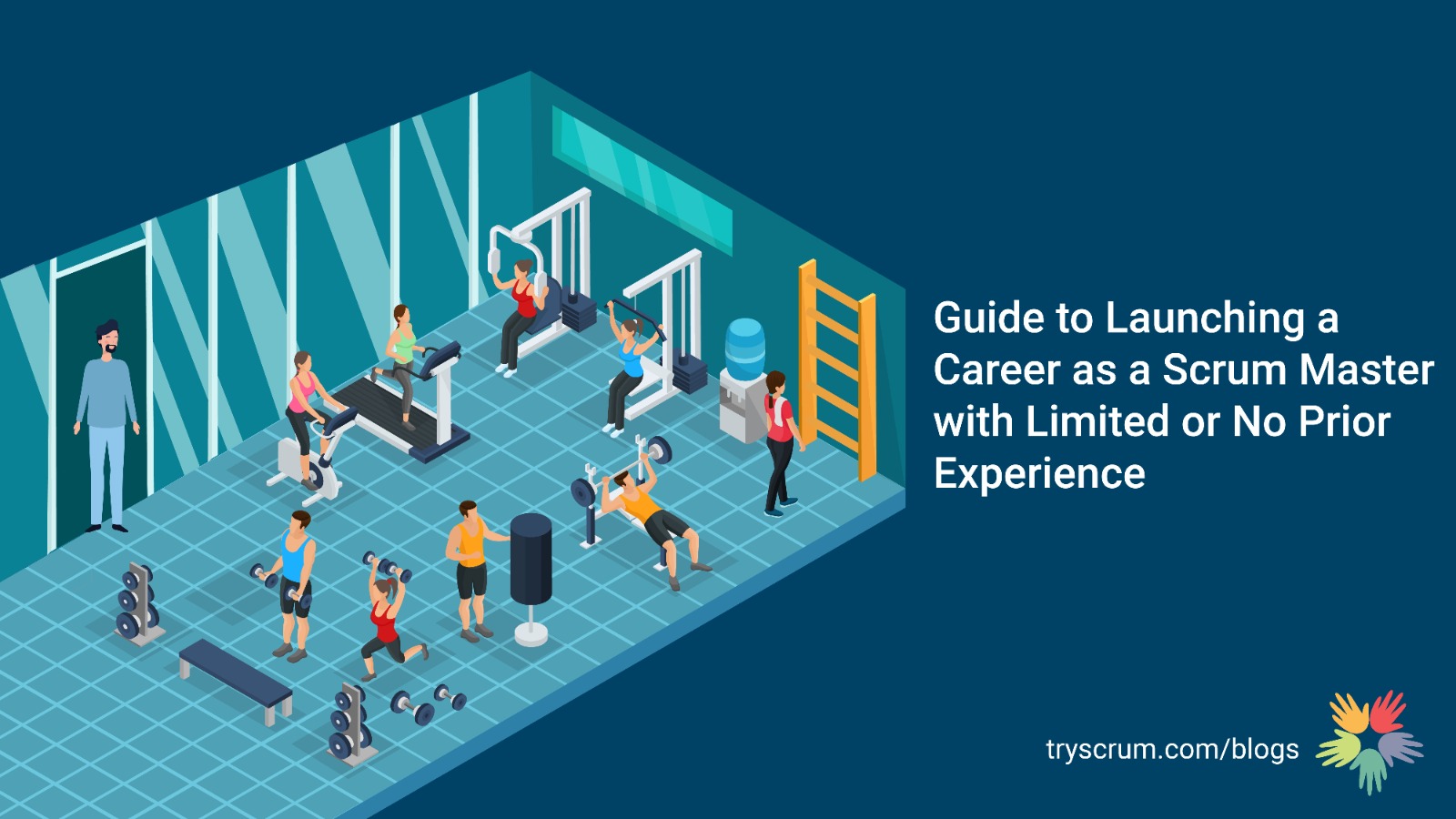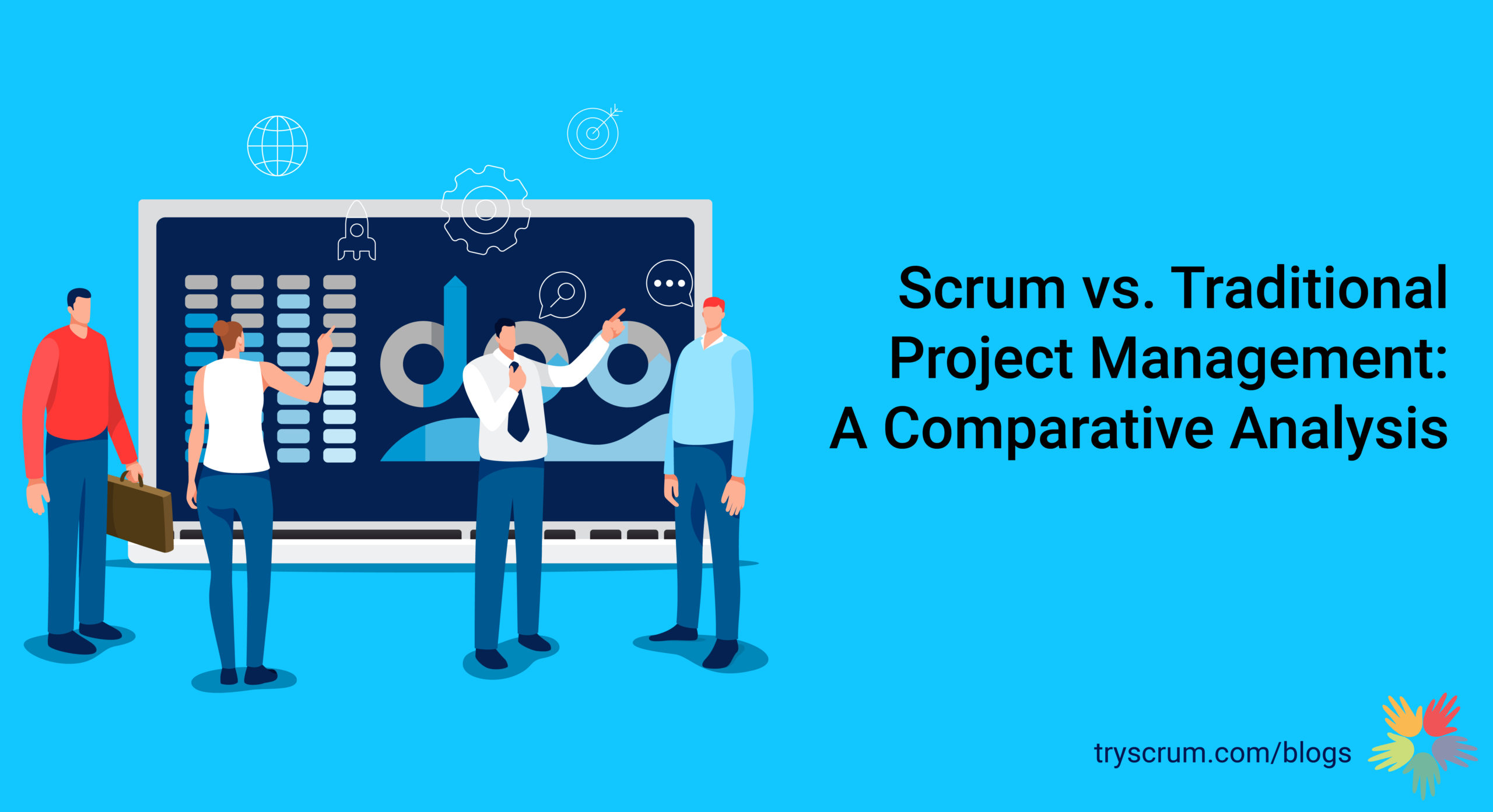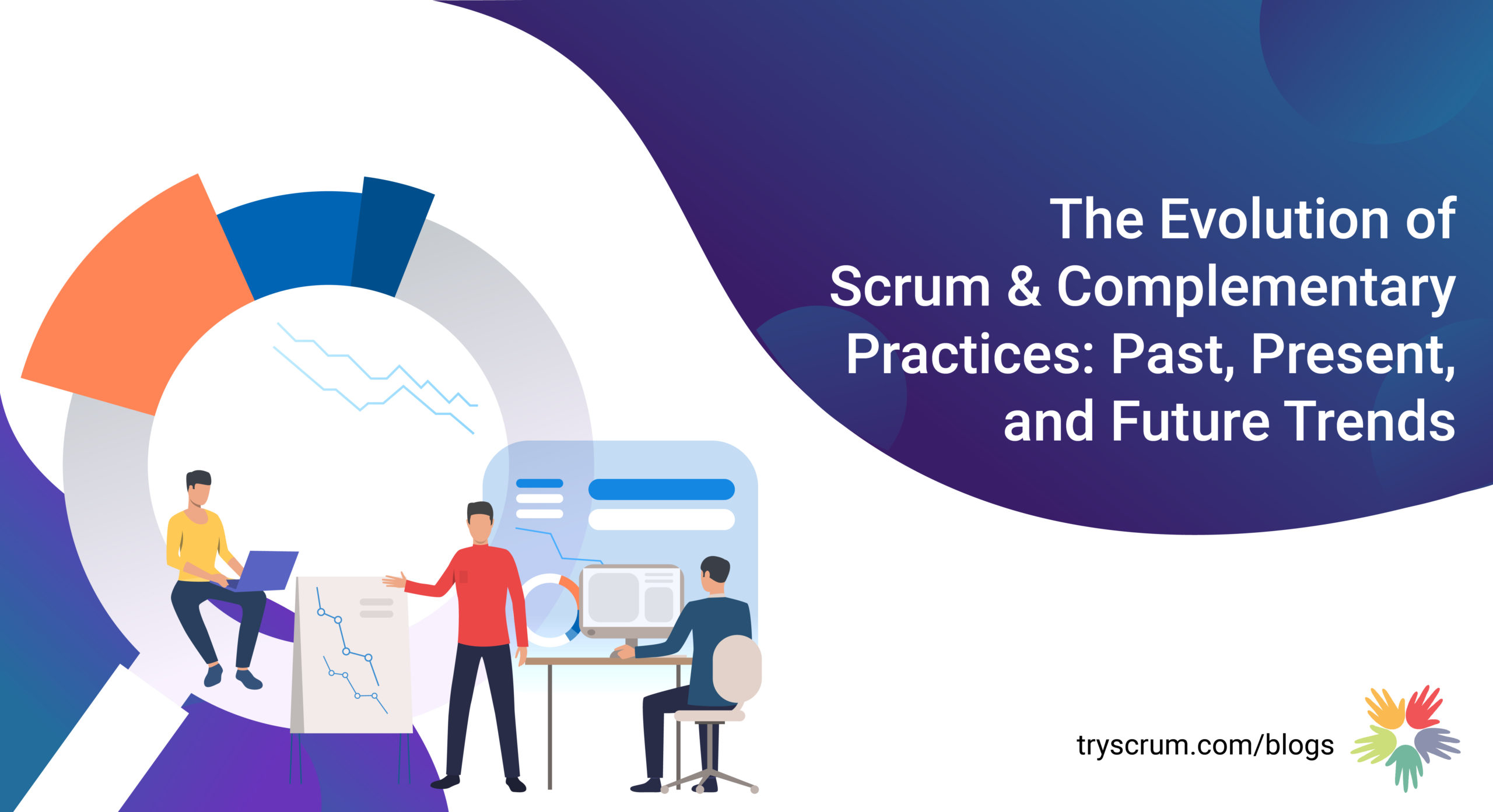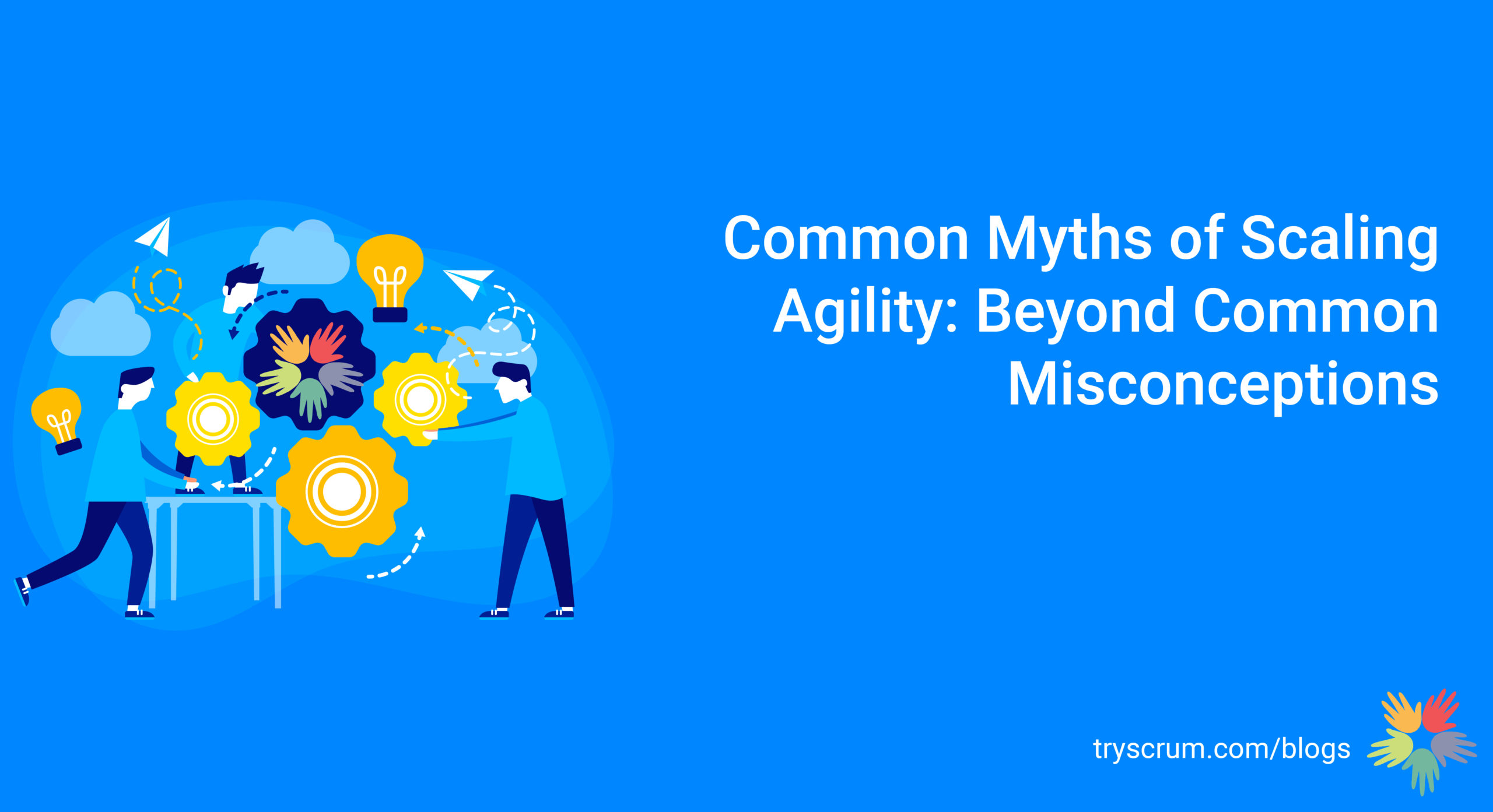
Guide to Launching a Career as a Scrum Master with Limited or No Prior Experience
Are you interested in building a career as a Scrum Master but don’t know where to start? In this blog post, I tried to provide actionable tips and insights for anyone looking to break into this exciting and rewarding field, even without experience. Whether you’re a career changer or transitioning into an agile space, this will give you the guidance and inspiration to take the first steps towards your dream career. So check it out now and let me know what you think!”
Find a mentor
Look for a Scrum Master willing to mentor you and share their experience. They can guide you on how to get started and provide valuable feedback on your progress. I am often asked how to find a mentor, which is one of the most challenging steps. So, here are some additional tips,
- Identify potential mentors: Look for people in your industry with experience and knowledge in the areas you want to develop. You can ask for recommendations from colleagues, friends, or family members who work in the industry or search online for professionals in your field.
- Attend industry events: Attend conferences, networking events, and workshops. This is a great way to meet professionals who can become potential mentors. Feel free to introduce yourself and ask if they would be willing to mentor you.
- Join professional organisations: Joining professional organisations related to your field can provide opportunities to connect with experienced professionals who can serve as mentors. In addition, these organisations often offer mentorship programs that can connect you with a mentor.
- Use social media: Social media platforms like LinkedIn can be valuable for finding a mentor. Look for professionals in your industry and connect with them. You can then ask if they would be willing to mentor you.
- Be specific about what you want: When approaching potential mentors, be clear about what you want to learn and what you hope to gain from the mentorship. This will help the mentor understand how they can help you and what they can offer.
- Be respectful of their time: Remember that your potential mentor is likely very busy, so be respectful of their time. Be clear about your expectations and availability, and be flexible regarding scheduling.
- Show your gratitude: When a mentor agrees to work with you, show gratitude. Express your appreciation and keep them updated on your progress.
Practice Agile Methods
Even if you don’t have experience with Scrum, you can practice other approaches like Kanban or Lean. Practising these approaches will give you valuable experience in Agile principles and concepts.
Attend Scrum Master training.
Many Scrum certification programs offer training courses specifically designed for people without experience with Scrum. These courses can provide you with a solid foundation in Scrum and prepare you with a strong foundation.
Build a portfolio
Even if you don’t have any Scrum Master experience, you can still build a portfolio that showcases your knowledge and skills. Include any relevant coursework, projects you’ve worked on, or certifications you’ve earned.
Build experience
To gain experience, consider volunteering as a Scrum Master for a project or team in your current workplace or taking on freelance or contract work. Volunteering will help you gain valuable experience and build your network.
Read books and articles
Continue to learn about Scrum by reading books, articles, and blog posts written by experts in the field. Examples of must-read books are “Scrum: The Art of Doing Twice the Work in Half the Time” by Jeff Sutherland, “Scrum Mastery From Good To Great Servant-leadership” by Geoff Watts and “Agile Estimating and Planning” by Mike Cohn. At tryScrum, we have written 100s of blogs to help budding Scrum Masters too.
Join a Scrum community
Join a local or online Scrum community where you can ask questions, share your experiences, and learn from others.
Apply for Scrum Master roles
Once you have built your knowledge and experience, apply for entry-level Scrum Master positions. Your resume should highlight your Scrum experience, any certifications you hold, and your soft skills. Refer to my other Blog for CV tips.
Develop a growth mindset
A growth mindset believes you can improve your abilities through hard work and dedication. By developing a growth mindset, you will be more open to learning new skills and taking on new challenges.
Keep learning
Continuously seek new skills and improve your understanding of Scrum and other Agile Methods. Continuous learning is essential for personal and professional growth. By setting goals, making time for learning, using various resources, taking on new challenges, seeking feedback, and practising what you learn, you can continue to develop your skills and stay ahead in your field.
About Author
Venkatesh Rajamani is a Founder of tryScrum.com, a Management Consulting firm. He is an award-winning Coach listed as one of the Top 100 Most Influential Coaching Leaders by the World HRD in 2023. He is also a Professional Scrum Trainer® with Scrum.org and a Certified Enterprise Coach® with Scrum Alliance.




